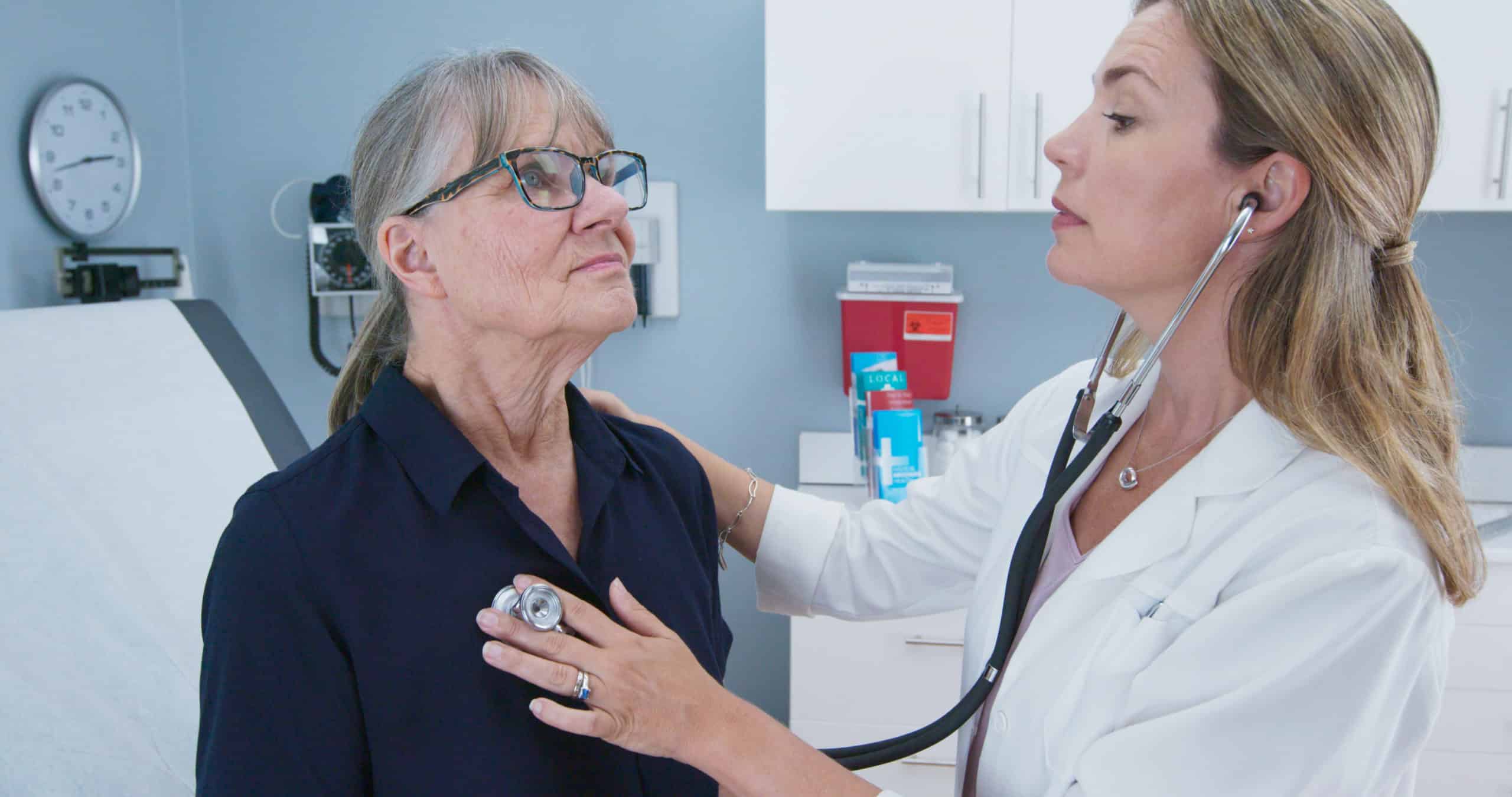Cardiac Injuries in Personal Injury Cases: Seeking Compensation

Personal injury cases can encompass a wide range of injuries, and cardiac injuries are among them. When someone sustains a cardiac injury due to the negligence or misconduct of another party in Florida, seeking compensation becomes crucial. In this article, we’ll explore the key aspects of pursuing compensation for cardiac injuries in personal injury cases in the Sunshine State.
Understanding Cardiac Injuries
Cardiac injuries involve damage to the heart or surrounding blood vessels. These injuries can vary in severity and may include:
Heart Attacks
A heart attack occurs when blood flow to the heart muscle is blocked, often due to a blood clot. It can result from various factors, including stress, physical trauma, or pre-existing heart conditions.
Cardiac Contusions
A cardiac contusion is a bruise or injury to the heart caused by blunt force trauma, such as a car accident or fall. These injuries can disrupt the heart’s normal function.
Aortic Dissection
Aortic dissection is a tear in the inner layer of the aorta, the main artery carrying blood from the heart. It can lead to life-threatening complications if not treated promptly.
Liability for Cardiac Injuries
To pursue compensation for cardiac injuries, it’s essential to establish liability. Liability can arise from various situations, including:
Car Accidents
Car accidents are a common cause of cardiac injuries. If another driver’s negligence caused the accident, they may be liable for your injuries.
Workplace Accidents
In some cases, workplace accidents can result in cardiac injuries. Employers may be responsible if unsafe working conditions contributed to the injury.
Medical Malpractice
Medical professionals have a duty of care towards their patients. If medical negligence, such as a surgical error or misdiagnosis, leads to a cardiac injury, a medical malpractice claim may be pursued.
Product Liability
Defective products, such as faulty medical devices, can cause cardiac injuries. Manufacturers or distributors may be held liable for these injuries.
Seeking Compensation
Once liability is established, you can seek compensation through a personal injury claim. Compensation may cover:
Medical Expenses
This includes the costs of hospitalization, surgeries, medication, rehabilitation, and ongoing medical care related to the cardiac injury.
Lost Wages
If the injury prevents you from working, you may be entitled to compensation for lost income and future earning capacity.
Pain and Suffering
Non-economic damages, such as pain, suffering, and emotional distress, may also be considered in your claim.
Wrongful Death
If a cardiac injury results in the death of a loved one, surviving family members may pursue a wrongful death claim for funeral expenses, loss of companionship, and more.
Statute of Limitations
In Florida, there is a statute of limitations that restricts the time you have to file a personal injury claim. It’s essential to consult with an attorney promptly to ensure your claim is filed within the applicable timeframe.
Consult with an Experienced Attorney
Cardiac injuries in personal injury cases can be complex, requiring medical expertise and legal knowledge. Consulting with an experienced personal injury attorney is crucial. They can assess the circumstances of your case, gather evidence, and advocate on your behalf to secure the compensation you deserve.
